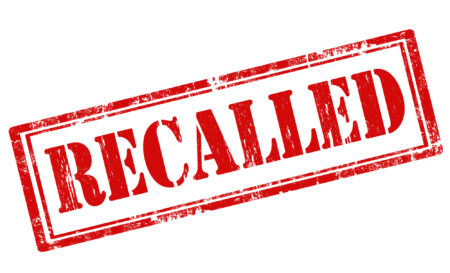As I’ve written about before, we commissioned a survey of physicians last summer, in collaboration with The Optimé Group – one of our supply chain partners – in order to evaluate physicians’ perspectives on their relationships with materials management and supply chain organizations, including with regard to product selection and purchasing decisions. At the recent AHRMM (Association of Healthcare Resources & Materials Management) conference earlier this month in San Antonio, TX, Ed Hisscock of Optimé Supply Chain moderated a panel of physician leaders actively involved in supply chain-related functions in their respective organizations. These physicians represented industry-leading facilities: Dr. David A. DiLoreto of Resurrection Health Care in Chicago, Dr. Tom C. Krejcie of Northwestern Memorial HealthCare in Chicago, and Dr. Sean Lyden of Cleveland Clinic in Cleveland.
In Hisscock’s reflections on the conference, he remarked that supply chain practitioners have a responsibility to inform their clinical stakeholders about patient-centric supply utilization and to advocate for patient safety and quality improvements. He also noted that there can be profound improvements in patient care simply due to better clinical supplies documentation – knowing what products were used, when they were used, and how they affected the clinical outcome. But how many supply chain practitioners can provide such utilization data to physicians? As the industry increases its focus on outcome measurement, supply chain organizations will be called upon to provide peer utilization data. In Hisscock’s words, “We will need to advocate for patient safety via GTIN adoption, assemble data for peer utilization and comparative effectiveness studies, participate in EMR and clinical information systems implementations and, in general, do whatever it takes to ensure that supply chain is being all it can be to support improvements in patient care…from both a cost and quality perspective.”
Contrary to common belief among materials managers, physicians respond very well to data about their own consumption of clinical supplies and don’t mind being compared to their colleagues in a transparent manner using their own names. The data has to be reliable and accurate for them to trust it, though, and oftentimes the lack of such trustworthy data is where the opportunity to open a frank dialogue between materials management and clinicians fails before it has a chance to start. My years of experience doing healthcare consulting have shown me that physicians are generally pretty competitive individuals who are constantly striving to improve their practice and – as the physician panelists agreed – when reliable patient outcome data shows them that leaner or less expensive product usage yields equivalent clinical results, for example, they are more than willing to change their purchasing habits.





